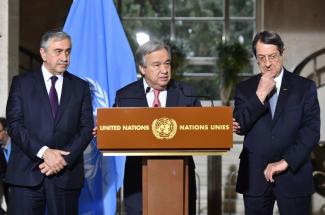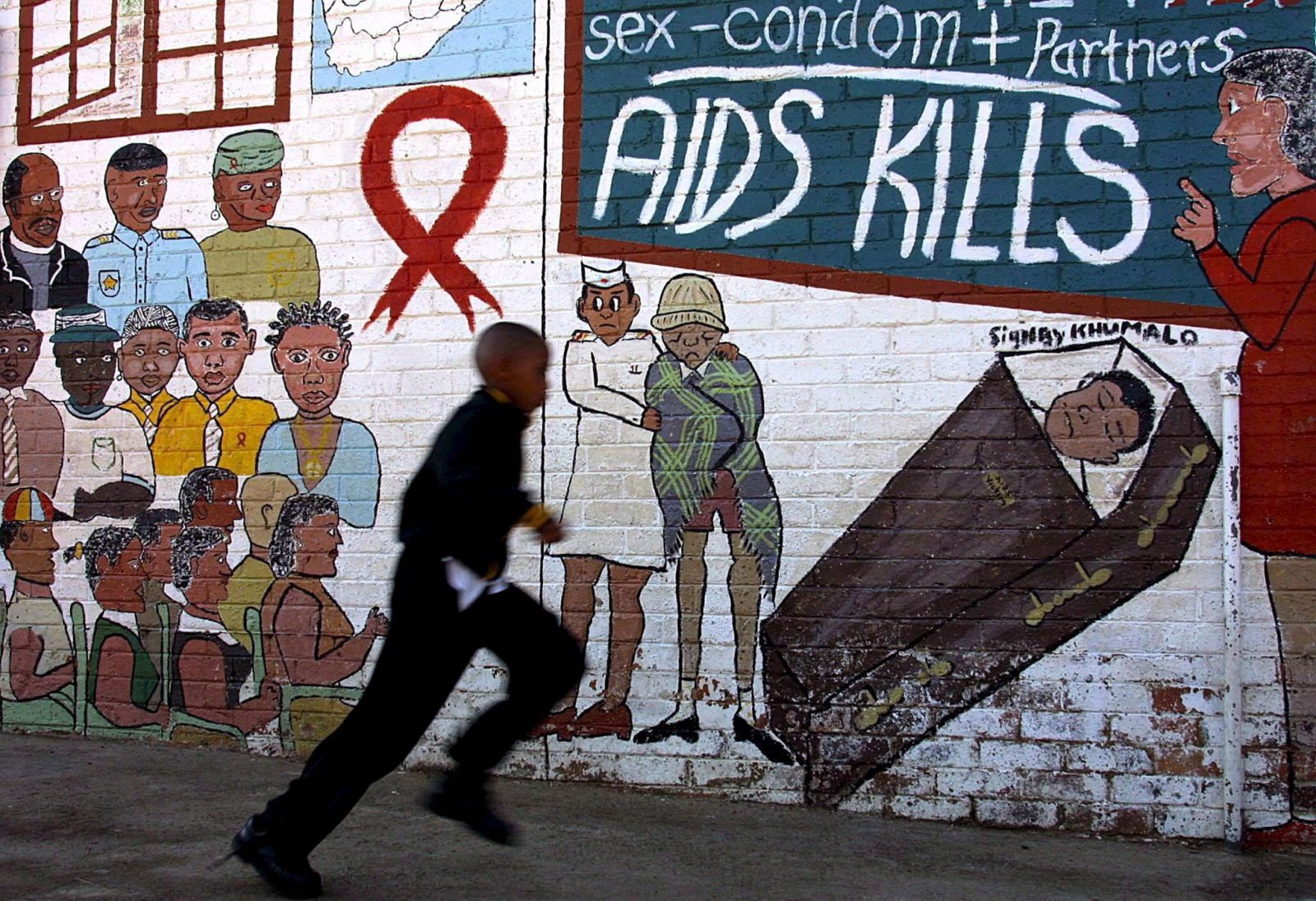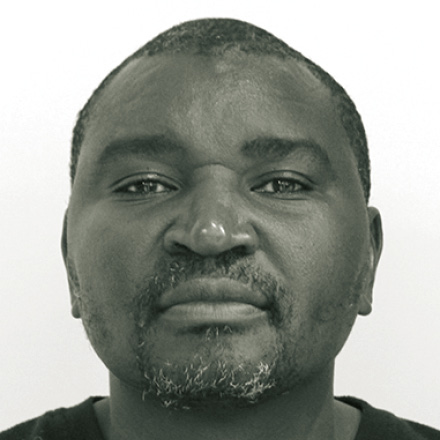United Nations
Guterres is on fire

Right at the start of his term, Guterres issued an appeal for peace to the global public. It was not a lukewarm message delivered in typical UN style, but rather a motivating call that made Guterres seem like a man of action.
The largest failing of the international community, the former Portuguese prime minister stated forcefully, is its inability to prevent conflicts and ensure global security. Accordingly, he pledged to make the issue of peace a central theme of his five-year term. Guterres went on to say that he is not naive enough to believe that 2017 will be a year of peace, but it should at least be a year for peace. His clever rhetoric ensured that his remarks were covered by news outlets around the world.
In the following few days he made his first appointments – a woman as deputy secretary-general, a woman as chef de cabinet. He held a highly regarded speech in the Security Council, announced reforms to the UN Secretariat and peacekeeping troops and attended the new round of peace talks between the leaders of divided Cyprus. Even before he assumed his post in New York, he had visited Russian President Vladimir Putin in Moscow.
Guterres is not only refreshingly outspoken, but also amazingly quick. The speed with which he hopes to re-animate the world organisation, which has become largely ineffectual, sets him fundamentally apart from his predecessor.
Ban Ki-moon, the nice but unremarkable South Korean diplomat, held the office for ten years. Insiders always considered him an intelligent, upright, friendly and hard-working UN chief. Nevertheless, he was unable to set a clear course and develop a personal profile. Yes, the Agenda 2030 with the Sustainable Development Goals were adopted under his watch, and so was the Paris Climate Agreement. But none of these things are associated with him. He was seen as the lowest common denominator among the UN powers right from the start. What was wanted at the time was not a charismatic leader, but rather a compliant administrator. And that’s what they got.
In its current condition, however, the world cannot afford a lacklustre secretary-general. At a time when crisis follows crisis and conflict follows conflict, the UN is needed, and it depends on the person at its helm. This individual’s credibility matters in lack of immediate power: the secretary-general controls neither land nor troops, can neither pass laws nor collect taxes. The secretary-general does not even have a vote in the Security Council or the General Assembly. The UN Charter defines the secretary’s political job in a single article. It is basically one of monitoring world affairs and raising alarm if need be, so the UN chief’s ability to convince others is his strongest instrument.
Guterres has the right kind of charisma for the job, as he proved in his previous job as UN High Commissioner for Refugees. Hans Schumacher, a former German UN ambassador, once said of him: “The man is simply on fire.” He has energy, courage and doesn’t shy away from conflict. And he brings along the experiences of a full life, which has taken him from Portuguese politics to the Socialist International to the UNHCR. Despite the fact that many UN observers wanted to see a woman finally appointed to the position, Guterres was indeed the best choice.
History tells us, however, that too much brashness can be just as ineffective as too much caution. The first secretary-general, the open-hearted Norwegian Trygve Lie, gave up in exasperation and resigned before his term was over. He is on record as calling the position “the most impossible job” in the world. The sixth UN chief, Egyptian Boutros Boutros-Ghali, was actually denied the customary second term because he was considered too outspoken. To date, the most capable UN secretary-generals are thought to be Dag Hammarskjöld of Sweden and Kofi Annan of Ghana, probably because they were most successful at walking the fine line between diplomacy and charisma. So while Guterres may be a refreshing change from his predecessor, Ban Ki-moon, he must be careful not to burn out too early.
Friederike Bauer is a Frankfurt-based journalist.
info@friederikebauer.de













